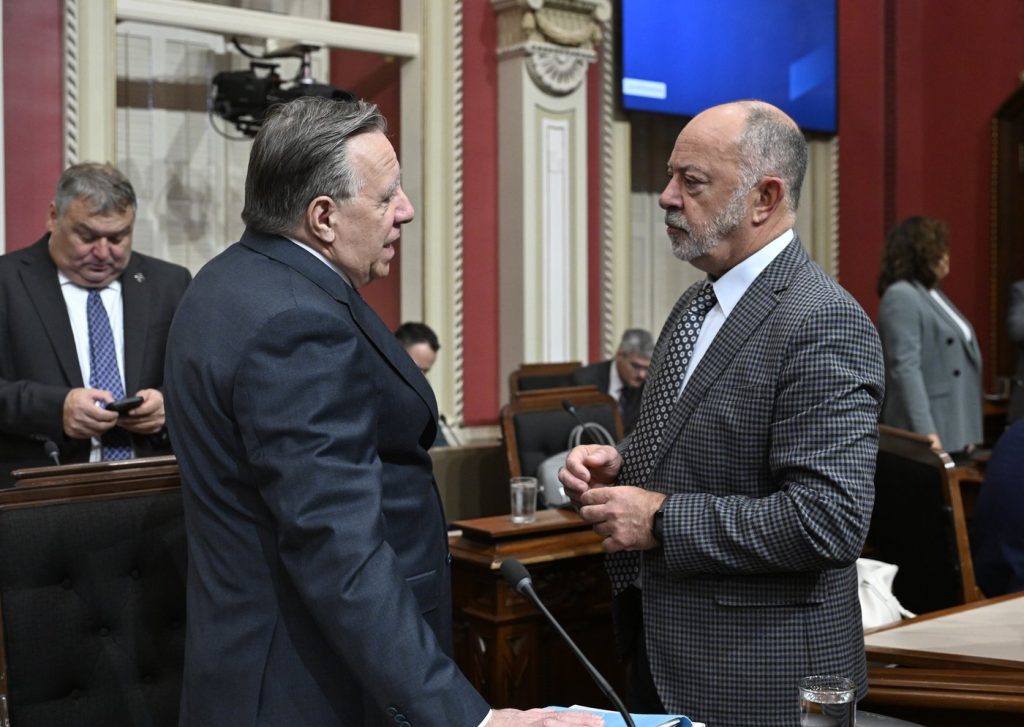In the early hours of Saturday, October 25, 2025, the Quebec government passed special legislation aimed at enforcing a new remuneration system for doctors. The bill, known as Bill 2, was approved just before 4 a.m. after Premier François Legault convened a special session to expedite the process. This legislation imposes significant penalties, including fines of up to $500,000 per day on doctors who engage in "concerted action" against government policies.
This move comes after federations representing family doctors and medical specialists employed pressure tactics throughout the fall to oppose the proposed remuneration system. Tactics included refusing to teach medical students, which sought to highlight their discontent with the government's approach to healthcare funding.
Under the new law, a portion of doctors’ compensation will be linked to performance targets, specifically the number of patients they care for, with an emphasis on vulnerable populations. The implementation of performance-based pay is a central aspect of this legislation, which aims to address the growing healthcare demands in Quebec.
Bill 2 was passed with a vote of 63 to 27, indicating a majority support within the Quebec legislative assembly. Premier Legault was present during the vote, emphasizing the importance of the legislation. Health Minister Christian Dubé introduced the bill, which bears similarities to Bill 106—a previous attempt to implement a revised remuneration system introduced in May. However, Bill 2 includes additional provisions designed to bring an end to the ongoing labor dispute between the provincial government and its physicians.
Opposition parties voiced strong criticism against the government's approach, with Liberal health critic Marc Tanguay labeling the legislation as indicative of a government misstep. Québec solidaire's health critic, Vincent Marissal, condemned the bill as an attack on fundamental rights, including freedom of expression and the right to associate. He warned that the legislation might face judicial challenges, which could lead to a legal battle over its legitimacy.
In fact, the Quebec federation of medical specialists has already announced its intention to challenge the law in court. Similarly, the federation representing general practitioners and family doctors is contemplating legal action. Both federations argue that physicians do not have the resources necessary to meet the targets set forth in the legislation, casting doubt on the practical viability of the new remuneration system.
During the legislative debate, Minister Dubé defended the necessity for change, stating that the "current situation isn’t sustainable." His remarks reflect a broader concern within the government about the healthcare system's capacity to meet patient needs effectively amid rising demands.
Criticism has also been directed at the government for invoking closure to push through this legislation, marking the eighth time the Coalition Avenir Québec (CAQ) government has employed this tactic since taking power in 2018. Closure allows the government to terminate debate on a bill, forcing a vote and limiting the ability of opposition parties to fully contest the proposed measures.
This significant legislative development reflects ongoing tensions between the Quebec government and healthcare providers, highlighting divergent views on how to ensure patient care and support healthcare professionals effectively. The repercussions of this law are likely to unfold in both the political arena and the judicial system as stakeholders respond to the imposition of performance-linked remuneration for physicians in the province.











